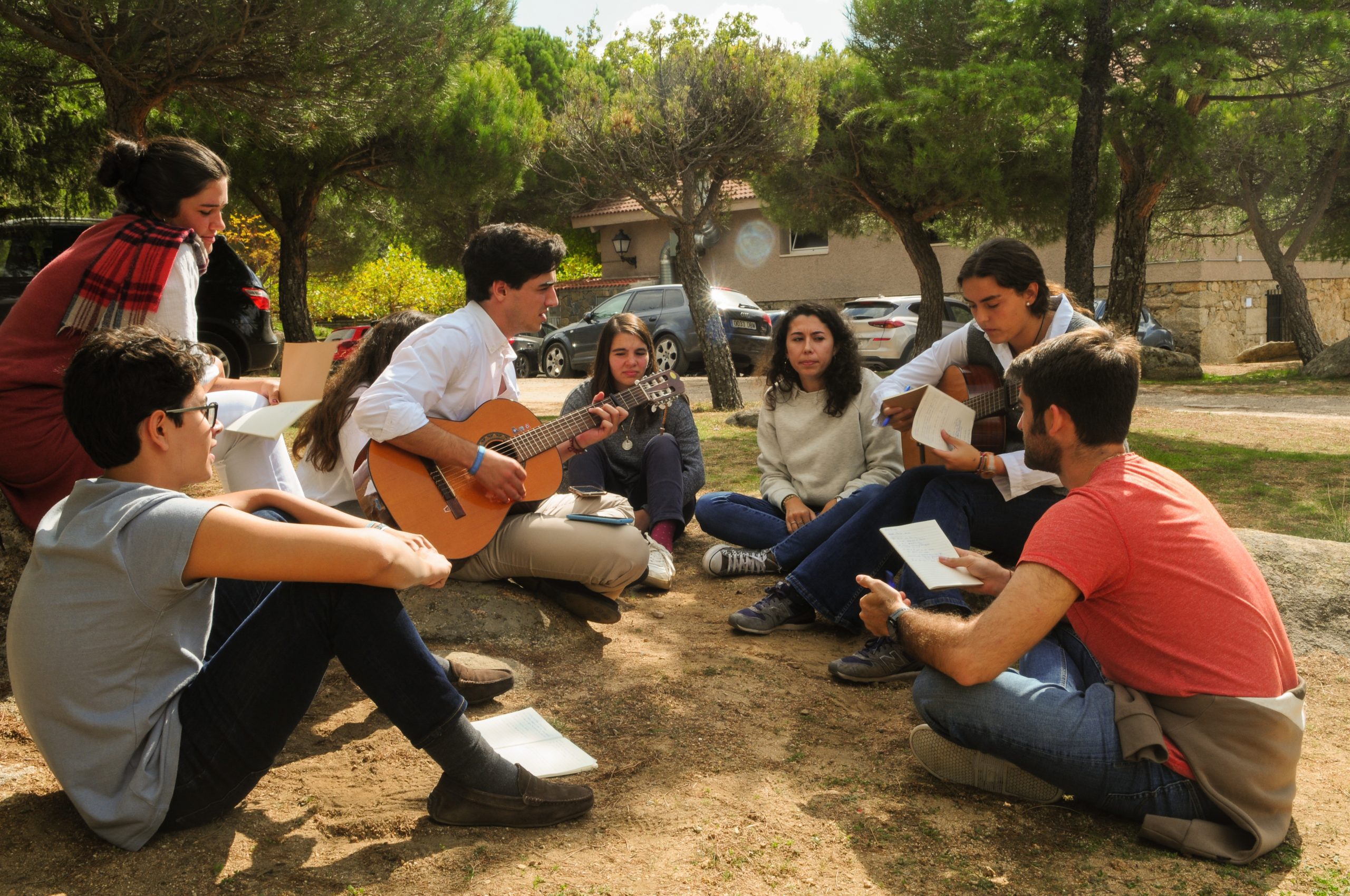Today families are more isolated and have fewer supports, since they have less and less relationship. Nowadays it is not strange to know single-parent families, a type of nuclear family with a single father or mother that is increasingly frequent in the current context.
Before, families were very stable groups, but today they change more frequently. It all forms a cocktail party in which adolescents adapt badly to the changes they are undergoing, losing the feeling of security. Society and educational institutions, for their part, must help transmit a homogeneous and compatible set of adequate ways of living, but educational values must be, above all, the responsibility of the family. It is our mission to transmit to our children what is right or wrong, while the educational practices in which the adolescent participates, inside and outside of school, complete their development cycle.
How does the school complement this training period? Firstly, because of the possibility of establishing forms of interpersonal relationship supported by cooperation and reciprocity. Secondly, because the school is configured as an intermediate context between the infantile and the adult. And thirdly, because it explicitly and orderly plans its educational action. However, the environment that will define the adolescent is not only in the family or school, but extends to the personal relationships established with their peers beyond their borders.
Friendship during adolescence is based on intimacy, reciprocity and empathy. This is possible thanks to the newly acquired abstraction capabilities. Young people are prone to introspection, to talk about themselves all the time, to tell their anxieties and problems, so they need contact with peers to share these states. Friends are necessary, because for the first time there is an awareness that, unlike the family, this type of relationship is not imposed, but chosen. Meeting similar people makes them feel understood and accepted, and through this process they reinforce and value their common characteristics.
Sharing intimate information also helps them understand others and themselves, giving them greater social skills to know how to treat others.
These friendships are a great emotional support in overcoming obstacles, as well as a source of vital information on academic and sexual issues. In this way, it is logical that our children’s friends end up becoming their main allies, their travel companions in life. However, this need for communication with peers is not forever: as the identity is more stable, the need is less intense. But as they reach this state, they feel strong desires for communication, friendship and group membership, and ICTs are vital to achieve them. It is enough to observe the new multimedia systems that make them protagonists instead of spectators. Therefore, we must explore and know ICT to understand many of the actions, motivations and concerns of our children.
